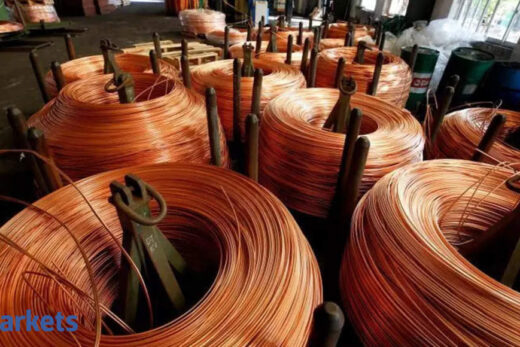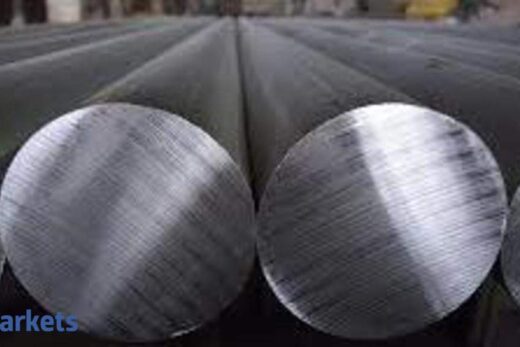Nearly all fundamental investors are averse to using technical analysis and vice versa. Personally, I treat both forms of analysis as information streams. So the more the merrier. If I can use the fundamental information about a company’s business and combine that with what is happening in the demand-supply situation of the stock, then the results are superior to using either one approach exclusively.
So, why don’t more people do that?
First, the time frame is different. Fundamental analysts are usually looking at a longer time horizon of a year or more, whereas technical analysts typically look at holding for a few days or weeks. Very few technicians have a longer time horizon. Resolving this time horizon mismatch is something that has to be done first.
Secondly, there is lack of knowledge and trust of the ‘other’ discipline. Fundamentalists view charts as squiggly lines. And technicians view fundamentals as superfluous news flow. It is at the core of their respective studies. The way I resolve it for myself is by telling myself that fundamentals cause the stock to perform over time and technical charts reflect the demand-supply conditions for the stock price movement. Both these factors need to align for a long sustained rally in a stock.
I add a layer on top of techno-funda analysis, which helps build conviction to hold performing stocks for longer periods. This approach is known as trend-following. It is usually associated with following price patterns. Although I use that to an extent, I tend to focus more on fundamental trend following. This is a simple concept of continuing to hold stocks where the results are continuously good and are in an uptrend.
Some of the biggest winners in the stock market come from among these stocks. In fact, nearly all the long-term well-performing stocks fall in this category. I call them compounders. Because they tend to compound capital superbly well. If you make a portfolio with such stocks, the only active decision to take is when to sell. You do that when either the fundamental or technical trend breaks down.
This has been one of the best ways I have found to get good returns while being invested in good quality companies.



